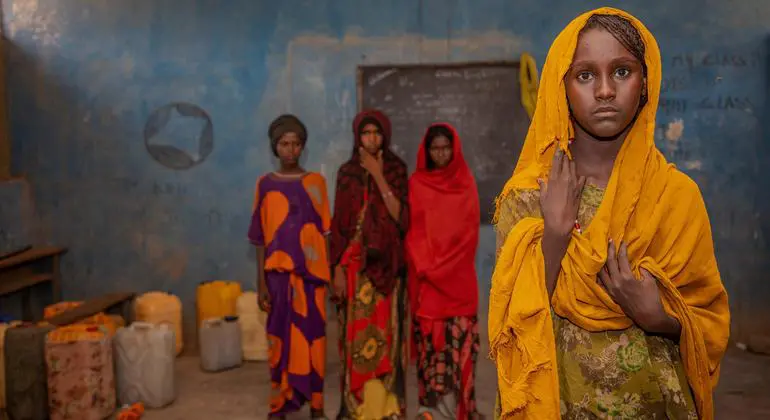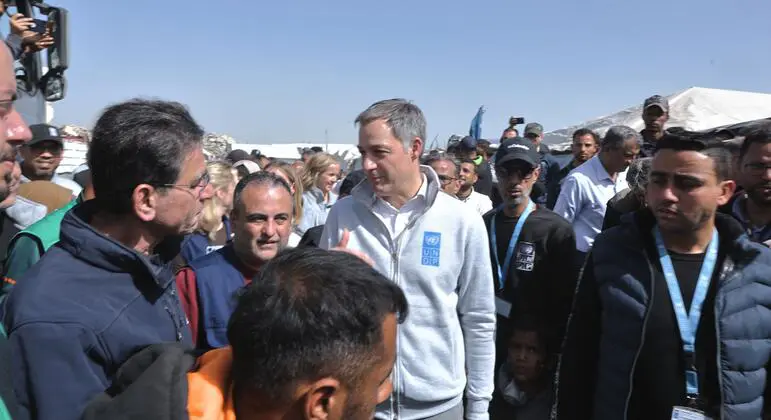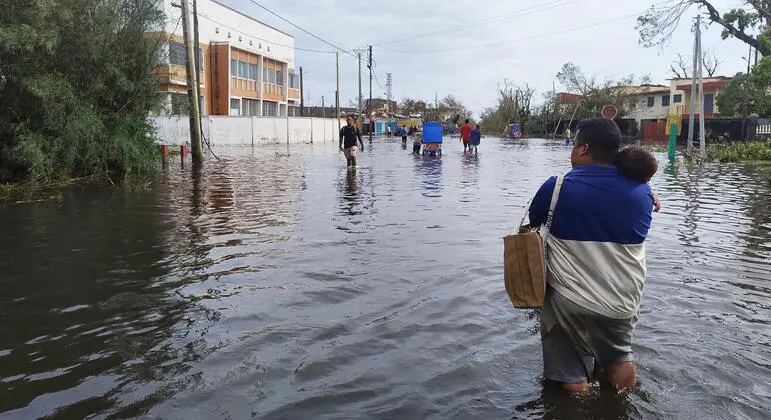The UN-backed $3.24 billion humanitarian response plan for 2024 is only five per cent funded.
Organised by the UN along with the Governments of Ethiopia and the United Kingdom, the conference aims to hear commitments that will enhance life-saving aid to approximately 15.5 million people in 2024. An immediate funding of $1 billion is required to sustain aid delivery for the next five months.
The crisis has escalated due to recurring cycles of droughts, floods, and conflict. Food insecurity and malnutrition are anticipated to affect 10.8 million people during the lean season from July to September.
A multi-factor crisis
Around 4.5 million people have been displaced from their homes, raising concerns about public health and protection services. The El Niño phenomenon has worsened drought conditions in the northern highlands, leading to decreased water availability, parched pastures, and reduced harvests.
Malnutrition rates in many areas including Afar, Amhara, and Tigray continue to worsen, highlighting the critical need for funding.
“Conflicts have destroyed thousands of schools, health facilities, water systems and other community infrastructure. And that adds to the difficulty,” said Ramiz Alakbarov, UN’s Assistant Secretary-General and Humanitarian Coordinator in Ethiopia, adding that security and safety of humanitarian workers is still an issue in “many parts of Ethiopia”.
The Ethiopian government has recently endorsed a new national policy for disaster risk management and committed $250 million for food support in the coming months. Additionally, regional governments and the country’s private sector have allocated further domestic resources for emergency response.
Strength in numbers
UN Assistant Secretary-General for Humanitarian Affairs, Joyce Msuya, closed the event with an Amharic proverb that translates as “when spider webs unite, they can tie up a lion”.
“It suggests that when people come together, as we have done this afternoon, we can accomplish formidable tasks and overcome great challenges”, she added.
She praised the 21 cash pledges led by the United States which promised $253 million, and the UK with $125 million, saying it showed “the power of unity and collective effort in achieving shared goals” on behalf of the Ethiopian people.
WHO ‘cannot continue’ work without cash injection
Speaking for the World Health Organization (WHO) Dr. Mike Ryan told the conference a cholera outbreak was now in its 20th month with over 41,000 cases, and malaria cases are already over 1.1 million for the year.
These outbreaks are occurring where millions of people lack access to essential health services with drought and flooding make the situation even worse.
“WHO and our health partners are on the ground, providing life-saving health services”, he said, adding that “without urgent funding we cannot continue.
“So far this year, we have received only four per cent of the $187 million needed to keep operations going.”







